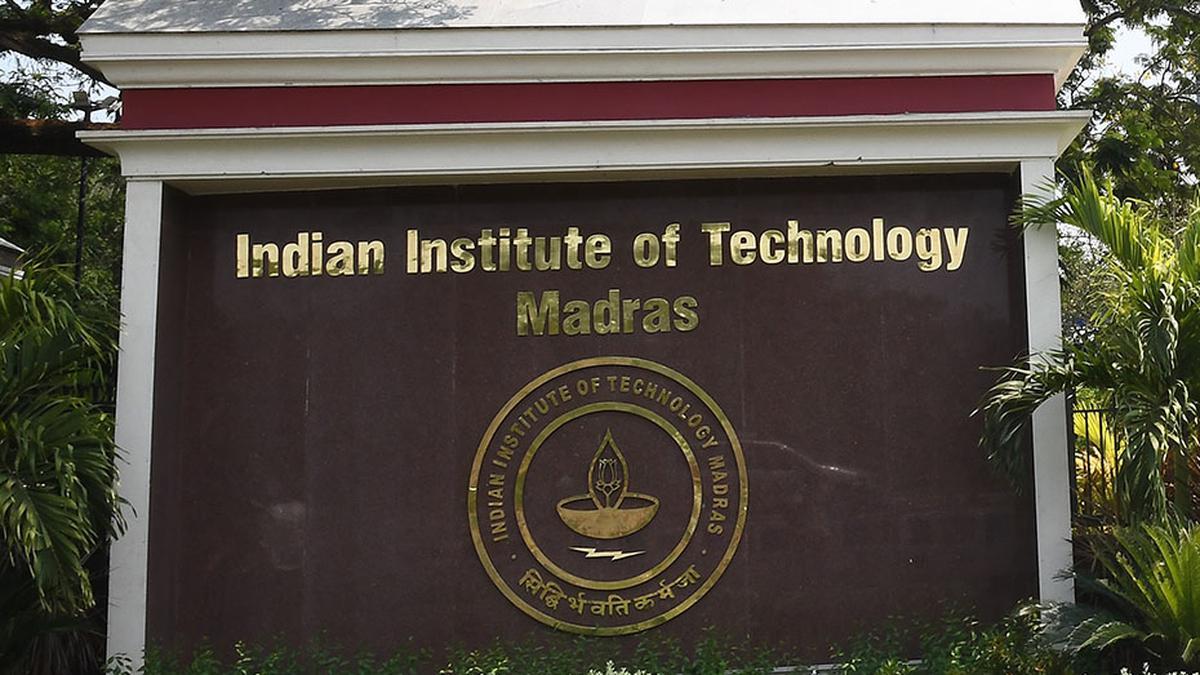
IIT Madras ties up with Ericsson for research in responsible AI
The Hindu
IIT Madras partners with Ericsson Research for 5 yrs to develop cutting-edge methods to enhance trust & explainability in AI algorithms for public good. Key projects include large-language models in healthcare, participatory AI & generative AI models based on attention mechanisms.
The Centre for Responsible AI (CeRAI) of the Indian Institute of Technology Madras has partnered with Ericsson for a joint research in responsible AI.
At a symposium on Responsible AI for networks of the future, held in the institute on Monday, Ericsson Research leaders and the institute professors signed an agreement to partner for five years . Ericsson Research will support and participate in all research activities of CeRAI.
Experts say AI research is of high importance to Ericsson as the 6G networks would be autonomously driven by AI algorithms.
“Research on AI will produce the tools for operating tomorrow’s business. IIT Madras believes in impactful translational work in collaboration with the industry,” said Manu Santhanam, Dean, Industrial Consultancy and Sponsored Research.
Ericsson Research’s global head Magnus Frodigh said the company’s focus is on developing cutting edge methods to enhance trust and “explainability” in AI algorithm for public good. “Our partnership with CeRAI is aligned with the Indian government’s vision for Bharat 6G programme,” he said.
CeRAI faculty head B. Ravindran said the advent of 5G and 6G networks would mean many critical applications would likely be deployed on mobile phones. “This requires new research to ensure that AI models and their predictions are explainable and to provide performance guarantees appropriate to the applications they are deployed in.”
Key projects that were presented included large-language models in healthcare; participatory AI that addresses the black box nature of AI and generative AI models based on attention mechanisms.

“Writing, in general, is a very solitary process,” says Yauvanika Chopra, Associate Director at The New India Foundation (NIF), which, earlier this year, announced the 12th edition of its NIF Book Fellowships for research and scholarship about Indian history after Independence. While authors, in general, are built for it, it can still get very lonely, says Chopra, pointing out that the fellowship’s community support is as valuable as the monetary benefits it offers. “There is a solid community of NIF fellows, trustees, language experts, jury members, all of whom are incredibly competent,” she says. “They really help make authors feel supported from manuscript to publication, so you never feel like you’re struggling through isolation.”

Several principals of government and private schools in Delhi on Tuesday said the Directorate of Education (DoE) circular from a day earlier, directing schools to conduct classes in ‘hybrid’ mode, had caused confusion regarding day-to-day operations as they did not know how many students would return to school from Wednesday and how would teachers instruct in two modes — online and in person — at once. The DoE circular on Monday had also stated that the option to “exercise online mode of education, wherever available, shall vest with the students and their guardians”. Several schoolteachers also expressed confusion regarding the DoE order. A government schoolteacher said he was unsure of how to cope with the resumption of physical classes, given that the order directing government offices to ensure that 50% of the employees work from home is still in place. On Monday, the Commission for Air Quality Management in the National Capital Region and Adjoining Areas (CAQM) had, on the orders of the Supreme Court, directed schools in Delhi-NCR to shift classes to the hybrid mode, following which the DoE had issued the circular. The court had urged the Centre’s pollution watchdog to consider restarting physical classes due to many students missing out on the mid-day meals and lacking the necessary means to attend classes online. The CAQM had, on November 20, asked schools in Delhi-NCR to shift to the online mode of teaching.









